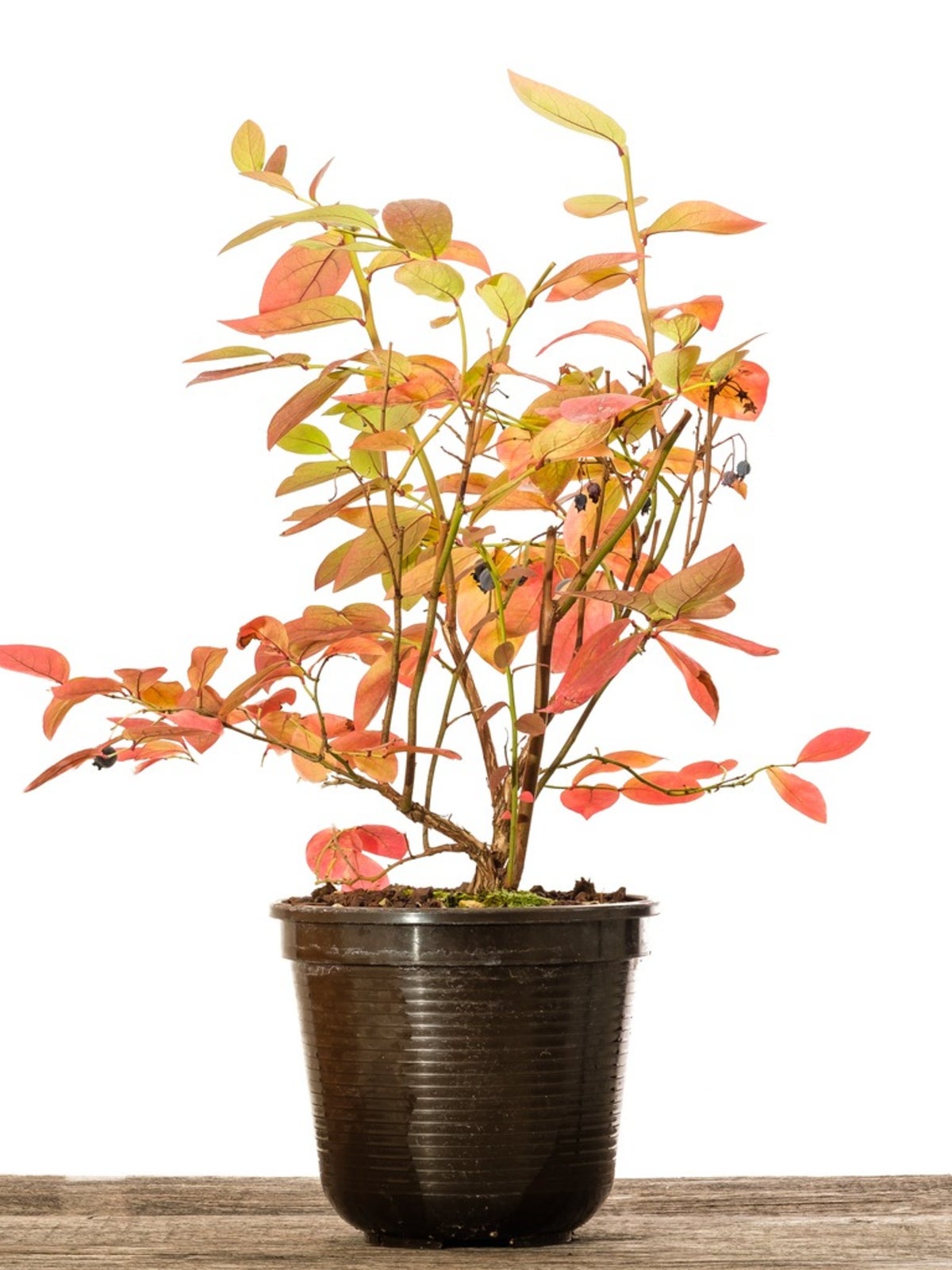Berry Containers - Berries Growing In A Container


Sign up for the Gardening Know How newsletter today and receive a free copy of our e-book "How to Grow Delicious Tomatoes".
You are now subscribed
Your newsletter sign-up was successful
Growing berries in containers can be a great alternative for those with little space. The key to successful berry container planting is adequate drainage and pot size. The container should be large enough to accommodate mature plants. In some cases, as with strawberries, hanging baskets can be used as berry containers.
How to Pot Berry Plants
For larger berry plants, like blueberries, use large pots or planters typically associated with small trees or shrubs. It may also be a good idea to pot these near the location where you plan to keep them, as they will be heavy once filled. You could also opt for a planter with rollers for easy moving. While individual plants vary with soil type, the basic planting is the same for berries growing in a container. For berry container planting, fill the container about a third to one-half full of the required soil mix. Loosen roots, if necessary, and place the plant in the container, leaving about 2 to 4 inches (5-10 cm.) between the root ball and the top of the container, depending on its size (Note: don't bury any deeper than its original pot). Then, fill the pot with the remaining soil and water thoroughly. Many berries also benefit from a light application of mulch.
How to Care for and Grow Berries in a Container
Caring for berries growing in a container is easy, depending on the variety you choose. Nearly all are planted in early spring while still dormant. Most berries require locations in full sun along with well-draining soil. They also need at least an inch or two (2.5-5 cm.) of water each week, especially in times of drought. In containers, they require watering more frequently. Monthly fertilizer can also be applied (balanced for most types, acidic for blueberries). Add a trellis or some type of support, if necessary, or as with strawberries, allow them to spill over a hanging basket or strawberry pot. Lightly prune berry plants each year during dormancy, removing any old, weak, or diseased branches. During winter, these plants can be protected with a layer of mulch in addition to wrapping containers in a blanket. You may also choose to move them to a sheltered location.
Common Types of Berries Growing in a Container
Some of the most common berries for container planting include blueberries, raspberries, and strawberries.
- Blueberries. Blueberries require acidic soil for optimal growth. Dwarf varieties may offer the best results; however, there are other varieties well suited for pots. Bluecrop is an excellent drought-resistant variety. Sunshine Blue does exceptionally well in southern climates while Northsky is a good choice for colder regions. Harvest blueberries four to five days after they turn blue and continue harvesting at three to five-day intervals.
- Raspberries. Raspberries can be summer-bearing or fall-fruiting (ever-bearing). They appreciate well-draining, sandy soil amended with compost. Harvest dry fruit as it reaches peak color. You can choose from a number of varieties.
- Strawberries. Strawberries also enjoy well-draining soil enriched with compost and are available in June-bearing and ever-bearing varieties. Harvest fruit when it is red.
Note: Blackberries can also be grown in containers but look for thornless varieties.
Sign up for the Gardening Know How newsletter today and receive a free copy of our e-book "How to Grow Delicious Tomatoes".

Nikki Tilley has been gardening for nearly three decades. The former Senior Editor and Archivist of Gardening Know How, Nikki has also authored six gardening books.